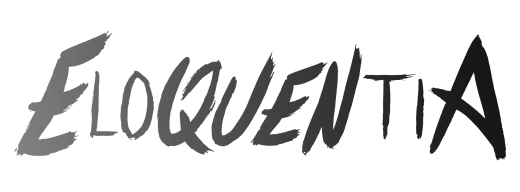

What is the mission of Eloquentia?
Eloquentia is an educational program of general interest created in 2012, which allows young people to express themselves freely and gain self-confidence through public speaking courses and competitions. Our mission is therefore globally societal: if we look at the impact of speech and orality in our societies (especially carried by social networks), we realize the importance of acquiring this ability to dialogue, listen, exchange in a framework that allows everyone's expression to advance. Our project and our interventions are emphasized in priority education networks to get out of the rut considered to be a bit “elitist” of eloquence.
And what is your mission at Eloquentia?
I arrived at Eloquentia at a time when the need arose in remote territories, which are now a priority for us, to be able to give access to professors and students who are precisely far from big cities that are more accessible in person. So I set up digital tools to respond to these requests and have an impact everywhere, for everyone!
What was your training project?
Our expertise is focused on knowing students and their needs, and schools. 10 years ago Stéphane de Freitas* noted that school programs focused on knowledge, knowledge, a lot on writing... and no space given to speaking, which is nevertheless necessary in our society.
Today we maintain two activities in parallel:
- The speaking competition for young people between 18 and 30 years old, with a national and international French-speaking network, with local partner associations
- The establishment of an educational program in middle and high schools, as well as in primary schools, the first tests of which were carried out this year. These courses are carried out by local animators trained in our pedagogy, and we intervene face-to-face in Ile de France and in the South.
Through this educational format, it is also self-confidence, collaborative work, and the positive expression of feedback that we work on the basis of our expertise.
Initially, we worked a lot on face-to-face sessions by structuring our pedagogical approach with teachers who wanted to implement our approach with their students, then we started to think about remote workshops when we could no longer provide field work due to lack of human resources. The fact that we focused on the densest departments and cities was also part of the face-to-face system, but when teachers or institutions asked us to intervene more locally, it was impossible to put animators everywhere. It is within the framework of this remote implementation that Didask intervened.
Technically or pedagogically, did you have particular constraints?
Distance learning for us is still being tested, because we are refining our pedagogical approach as we try. It is in place but it will probably be scalable and will be added to a brick of our original pedagogical approach. Our approach at the beginning was very human-centered and it was complicated to find the right tool for that and offer a satisfactory learning experience for teachers.
Today we work with teachers who asked us but who did not necessarily think of eLearning. We are experimenting with handling, the feedback is quite positive at the moment because we have thought of the courses as really learning modules, very modular to work on each part of speaking, on content and form.
Why did you choose Didask for your project?
I had experience in the vocational training sector where we used Talentsoft and I know Moodle elsewhere. But these tools are very elaborate for cold content and not very interactive. You can integrate a lot of things but without real reflection on the pedagogical approach. With Didask I was reassured about the pedagogical aspect, not only in the tool, but also in my interactions with the teaching team, which also provides support in thinking beforehand, on how to approach and transform our content into digital learning. I was also looking for something “turnkey” that was easy for anyone to use, including the learning experience, so that I could onboard other members of the team on my side.
More specifically, dialog bubbles are a valuable aid in addressing our target audience, but I also know that there are other interesting methods that I have not yet used. In addition, it is quite simple to integrate other educational modalities such as video, Genially, etc. There is also educational AI that we are going to test on teacher training.
What do you remember about the Didask method?
The pedagogical division into complete courses that we have done is very modular, some teachers will probably be interested in certain modules and themes. It will be quite simple to offer them a more personalized environment. Some even found it interesting to see that the pedagogical approach made sense for the acquisition of knowledge and skills for students. Moreover, this method also makes it possible to have advanced thinking on educational engineering. In particular on the dynamic pedagogical part, with the Didask modules as a support, which allow you to communicate and ask yourself the right questions. Another topic will soon be adaptive learning, to see how we can bring value to students on this subject of personalization.
Do you have a particular anecdote/thing that surprised you?
We were pleasantly surprised to see that Didask could create a dynamic for both teachers and students, and that it generated a lot of collective interaction when it was broadcast in the classroom. We achieved a great objective by taking up this challenge of classroom dynamics with eLearning!
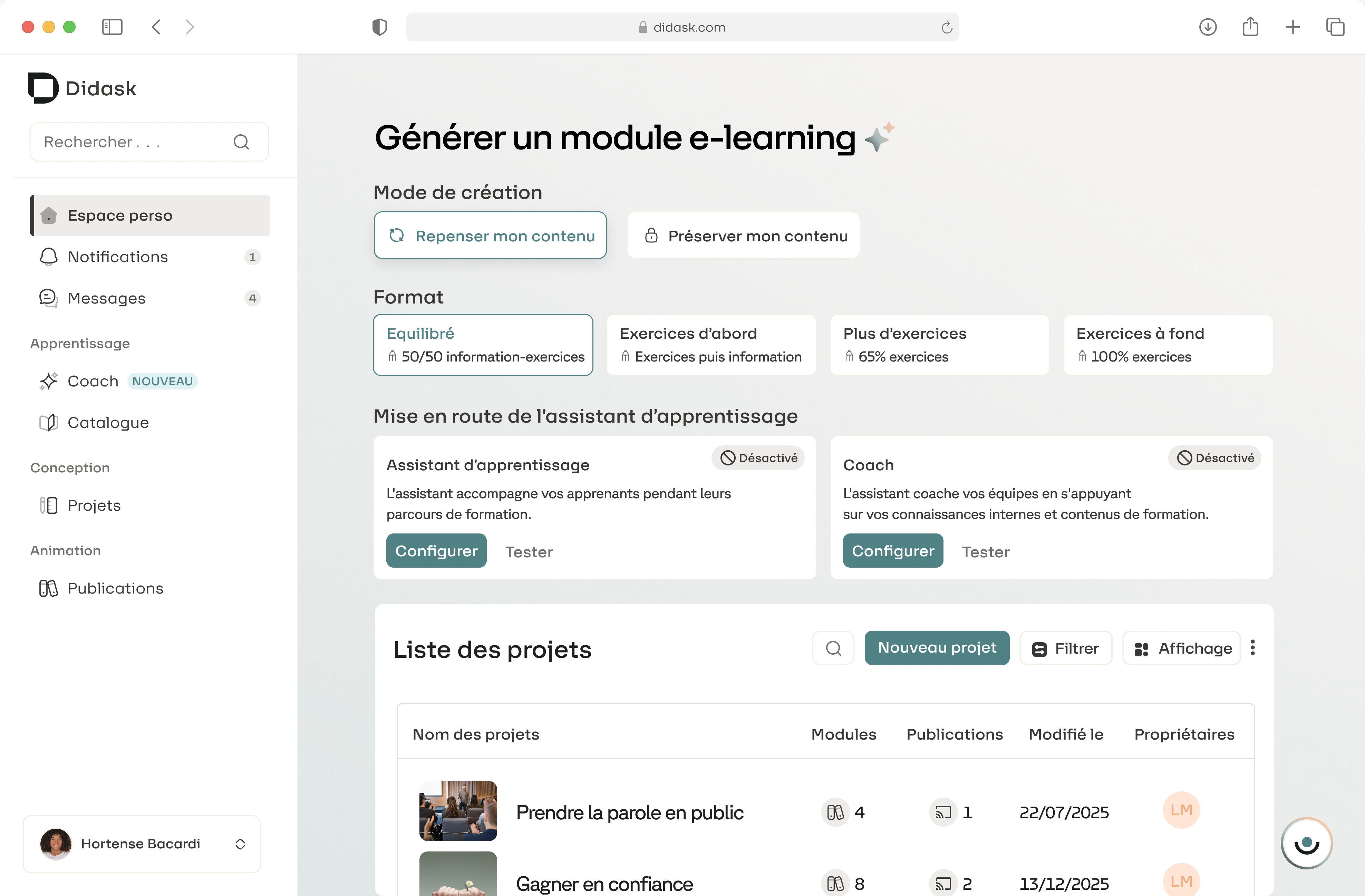
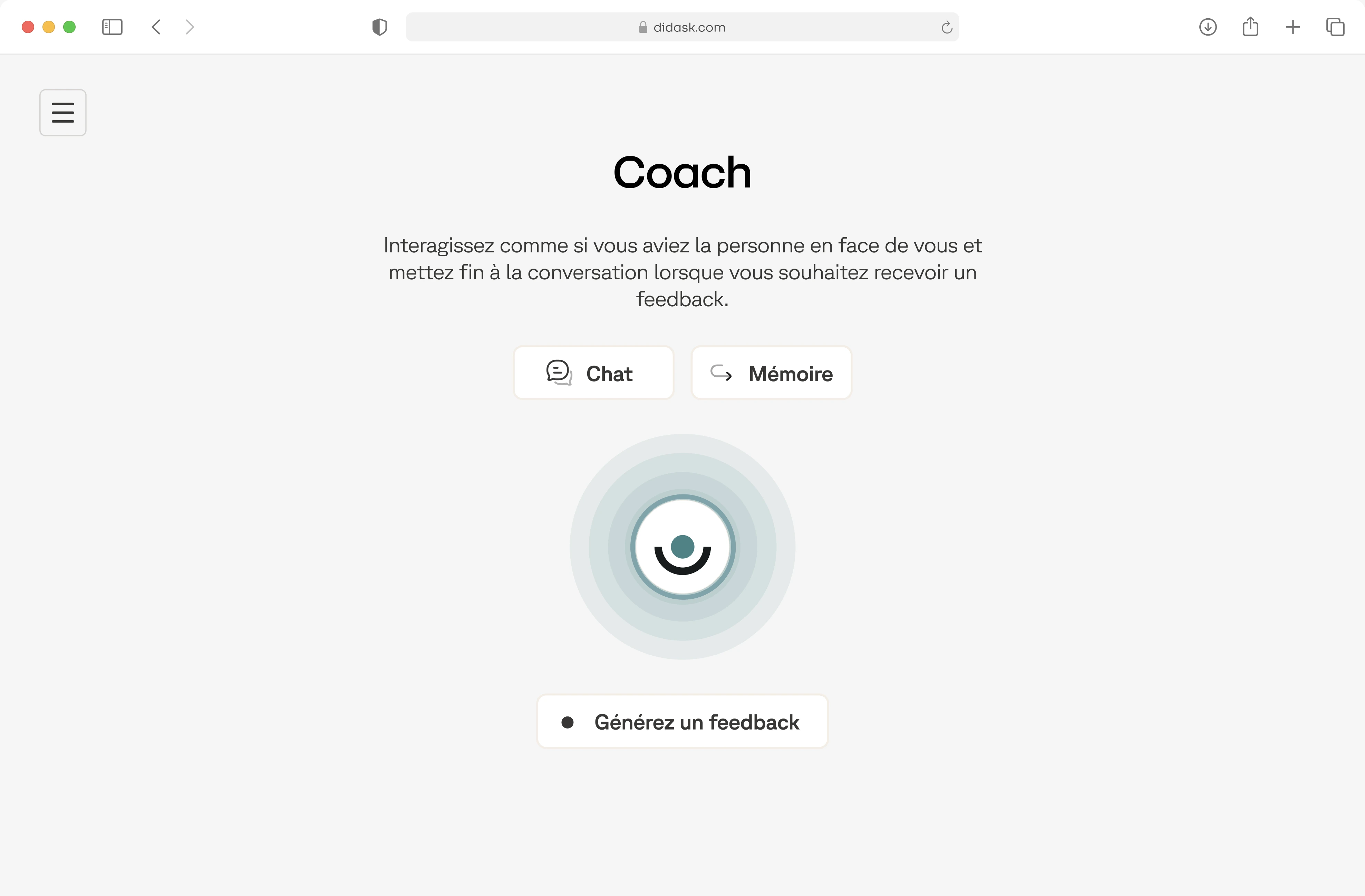
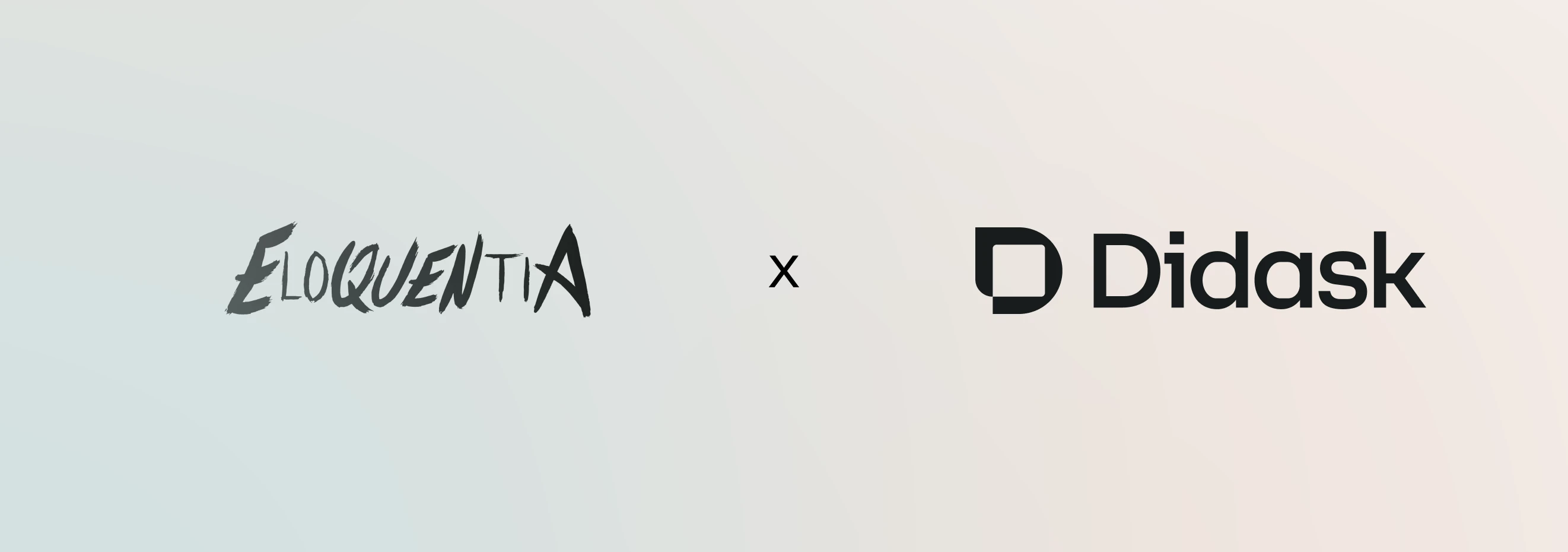
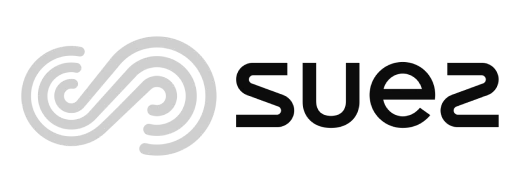


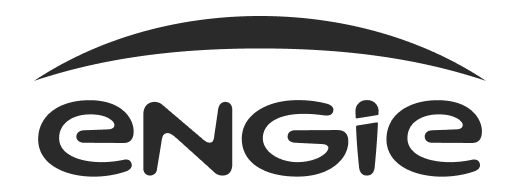


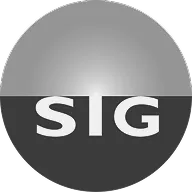
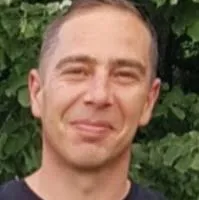
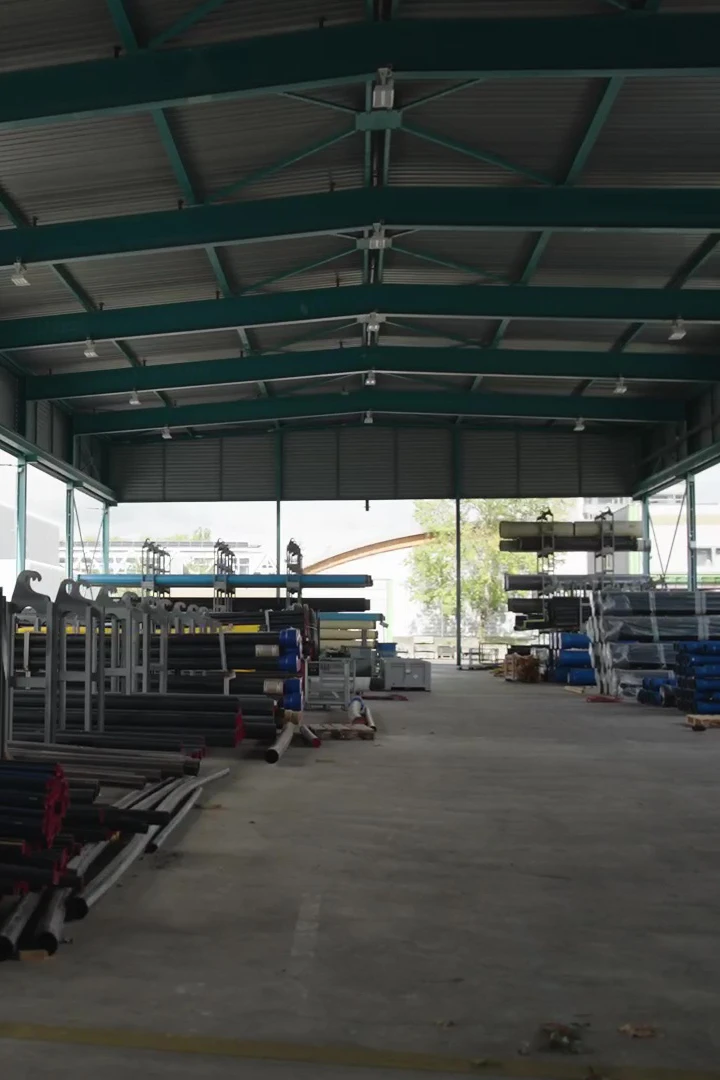
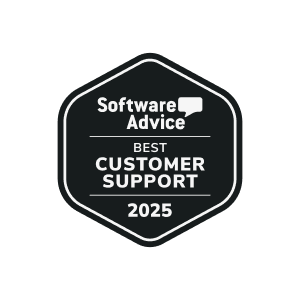
.png)